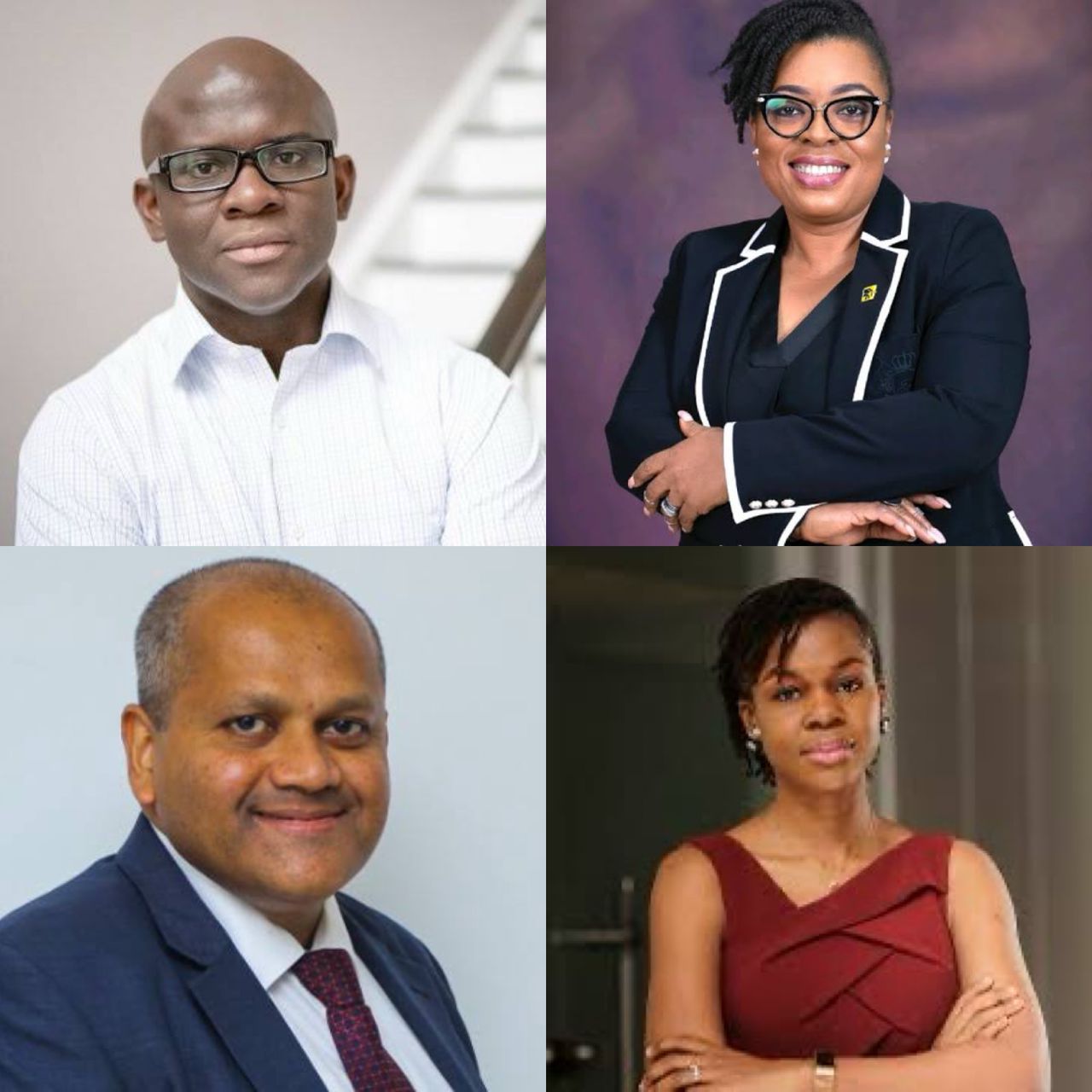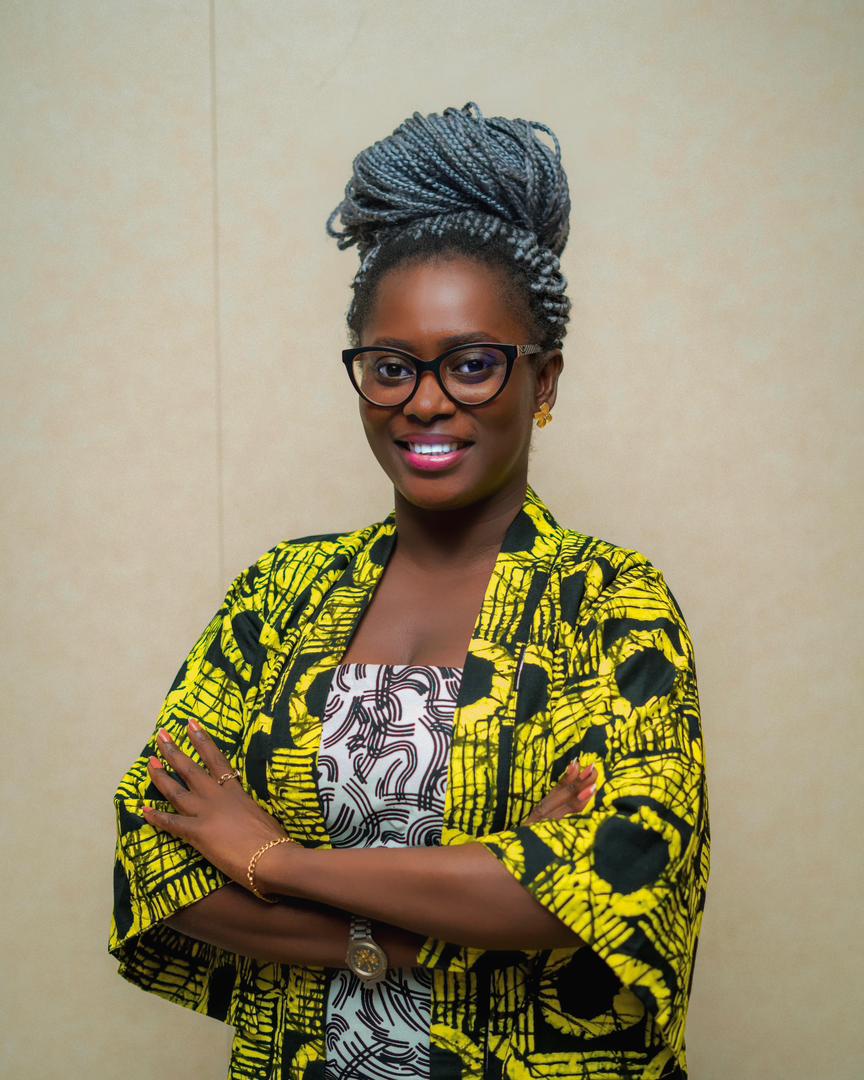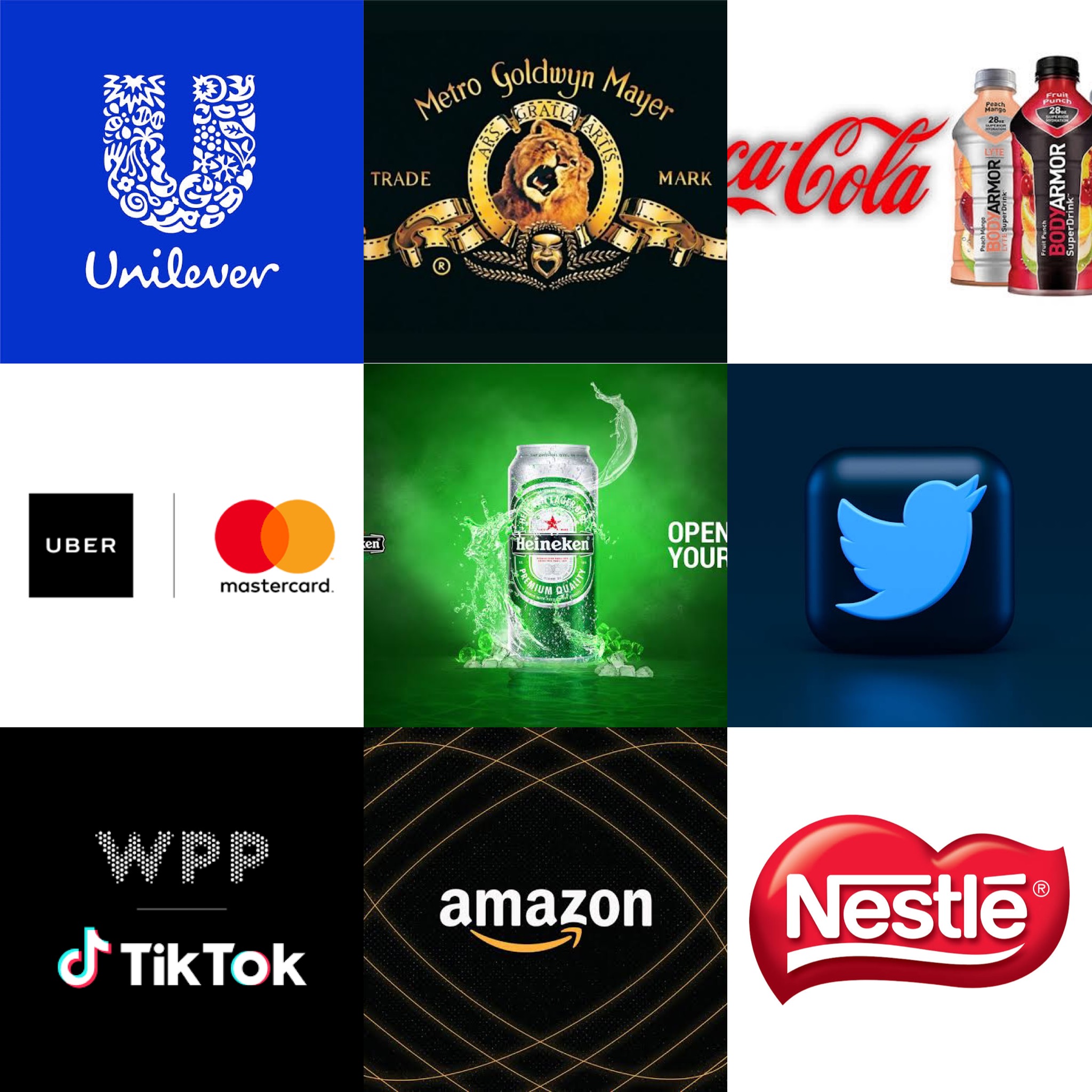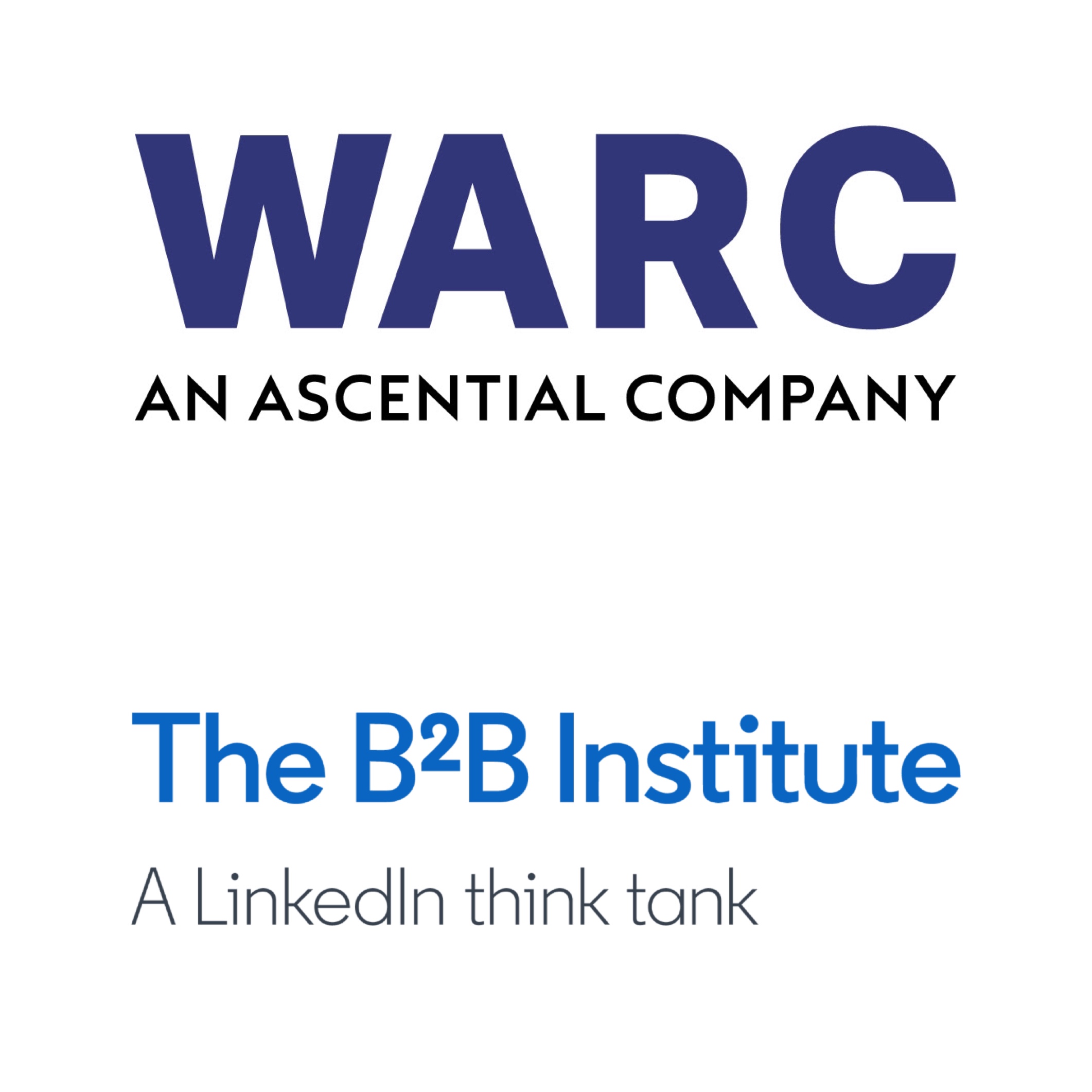“We should not look at what Artificial Intelligence (AI) will do to you, but about what you can do with AI.” Patrick Gomes, CEO of digitXplus for West & Central Africa, shared this insight. He spoke at the 2nd graduation ceremony of Alphabet Media Academy (AMA) 2025. During a panel discussion with other experts, these veterans talked about using AI for better results in education.
Gomes stressed the importance of continuous learning. He explained that using AI is key to staying ahead in the industry. “AI is not about what it will do to me. Instead, it’s about what I can do with AI. That’s our perspective. We must figure out how to best use technology. This helps us deliver not just outputs, but better outcomes along our journey.”
Dr. Tayo Oyedeji, CEO of Insight Publicis, was part of the panel and also gave the keynote speech. During his years as a corps member in Nigeria, Dr. Oyedeji discussed how technology has changed, focusing on the internet and AI.
Dr. Tayo reminded the graduates of a sobering truth: We now live in a world where every piece of knowledge becomes obsolete within a year.
He said: “In this age of AI and accelerating change, yesterday’s expertise can quickly become tomorrow’s liability. To stay relevant, you must remain curious. Keep learning. Question everything, even what you were taught in school. Graduation is no longer the end of learning; it’s the beginning of a lifelong race to adapt, grow, and outlearn the curve.”
“Let me share a story. Back in 1992, I worked in IT at Mobile during an internship. I was amazed to see a computer on every desk. Computers were scarce before this, and this was a revelation. Then, three months into my internship, the internet was introduced, and I was shocked that I could send emails to someone in America. That experience mirrors what we’re experiencing today with AI. Just as the internet changed the world forever, AI is radically transforming everything. We’re likely to use AI in various aspects of our work, and it’s essential to become experts in leveraging AI tools.”
Read also: Professionals push for purposeful, authentic content in the brand conversation
Ose Osundeko, Content Lead, Africa at Diageo, spoke about AI’s help. It enhances productivity and product placement. It also eases worries about schedules and photoshoots. She stated that AI isn’t replacing jobs; it’s about using tools more efficiently.
She explained: “In East Africa, we recently completed a project where we tested a new digital agency model. Our agency’s costs kept escalating for five years as they requested more resources. We realized we needed a more efficient approach, so we decided to leverage AI-powered marketing tech. Our team pitched a new model that utilized tools like Virtual Studio. This allows us to resize and recreate creatives for different banner dimensions in minutes, saving time and effort. With AI-driven tools, we’re no longer doing photo shoots; instead, we rent 3D assets and customize them as needed.”
Osundeko added that the AI-driven digital model in East Africa saved her company significant time and money.
“The results have been impressive: We’ve saved 60% of time spent on repetitive tasks, freeing up our teams to focus on strategic work. Additionally, we’ve seen cost savings of around 48%. The agencies we’re working with are now collaborating with us to build more AI-driven tools.”
For her, AI isn’t about replacing people but about driving agility, efficiency, and innovation. This represents a cultural shift that requires openness and adoption from the top down. At Diageo, they’ve embedded AI into their culture, with tools like their virtual assistant, Diageo GPC, making a significant impact. By embracing AI, they’re creating more value for their consumers and driving business growth.
Chinwe Bode-Akinwande, Head of Sponsorships, Partnerships, Events & Collaborations at First Bank, offered valuable insights on AI. She noted that while AI existed long before COVID-19, its usage requires careful consideration. According to her, if not used constructively, AI can have negative consequences, such as disrupting creativity and promoting laziness.
“When we use search engines, it’s AI that provides us with information from the backend. COVID-19 has accelerated the need for AI, and we’ve realized that certain tasks can be done more efficiently by machines.”
Bode-Akinwande warns against relying solely on AI for decision-making. She emphasizes the importance of quality information. She encourages the students to be inquisitive and train their brains to think critically.
“However, I want to sound a note of warning: AI is only as good as the data it’s trained on. If you feed it garbage, you’ll get garbage out.
The key is to be curious. Drill deep for information. While AI can be a powerful tool, laziness can lead to undesirable outcomes. I’ve seen students and professionals rely too heavily on AI without adding their own creativity and interpretation. AI can generate ideas and content, but it’s up to us to customize and add value to it.”
She noted that to get the most out of AI, we need to use it strategically and with integrity. This includes giving credit where credit is due, such as noting when an image or content is AI-generated. By doing so, we can harness the power of AI while showcasing our own creativity and expertise.
Watch: MARKETING EDGE Interview With LASG Commissioner for Info & Strategy







Comment
No comments found.